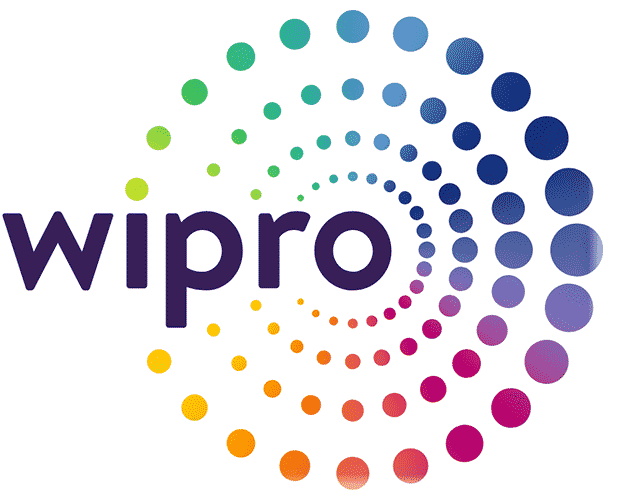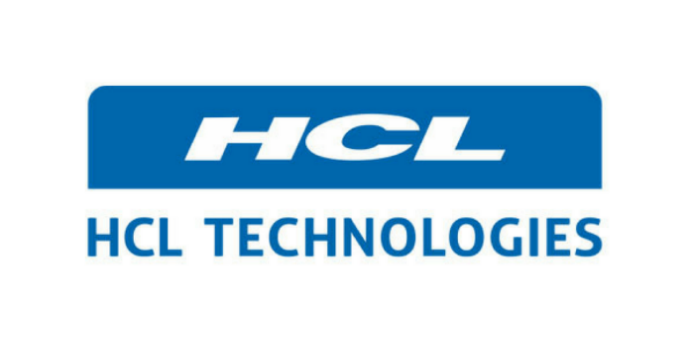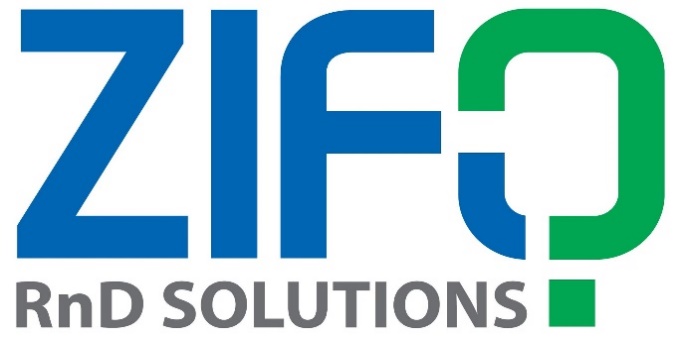

To become an internationally leading centre of higher learning and research in the domain of Electronics and Communication Engineering.


1. To provide quality education in the domain of Electronics and Communication Engineering through periodically updated curriculum, effective teaching learning process, best of breed laboratory facilities and collaborative ventures with the industries.
2. To inculcate innovative skills, research aptitude, team-work, ethical practices among students so as to meet expectations of the industry as well as society.
The Department of Electronics and Communication Engineering established in 1993 is offering B.Tech. Electronics and Communication Engineering, M.Tech. in VLSI Design and Ph.D. programme in various allied fields of Electronics and Communication Engineering. The Department of Electronics and Communication Engineering is committed to providing quality professional education to aspiring engineers. The department has well experienced and dedicated faculty members and aims to impart sound knowledge and awareness in the latest trends in the field of Electronics and Communication Engineering. The programme is accredited by NAAC ‘A’ grade, NBA under Tier-I category. The programme is also accredited by ABET, an international accreditation body for engineering and technical education. The Department of Electronics and Communication Engineering has collaborated with Nanochip Solutions, Tessolve Semiconductors, National Instruments and Bluetronics to make the students industry ready. The department has the “Centre for VLSI and Signal Processing” sponsored by DST, Government of India under FIST scheme. The department has state-of-art laboratories in tie-up with many industries like, Tessolve Semiconductors, Intel-Altera, Texas Instruments.
The analog and digital electronics circuits have grown enormously in complexity and functionality in this IT age. To cope up with this trend, knowledge and experience on the use of computer-aided design automation tools have become mandatory. The M.Tech. degree course on ‘VLSI Design’ provides just that to aspiring undergraduates from all branches of Electrical Sciences. In order to cater to the practical inputs required by the programme, a VLSI design laboratory equipped with FPGA CAD tools and boards from both Xilinx and Altera, complete ASIC design tool set from , Synopsys and testing tools from Tessolve Semiconductors, and TCAD toolset. The M.Tech. in VLSI Design program offered by Electronics and Communication Engineering department are the most advanced and researched VLSI program according to need of modern industry to meet the market requirements in niche areas of Micro-electronics backbone solutions, which cover VLSI / ASIC Designing, Embedded System Designing and Communication System Designing etc.
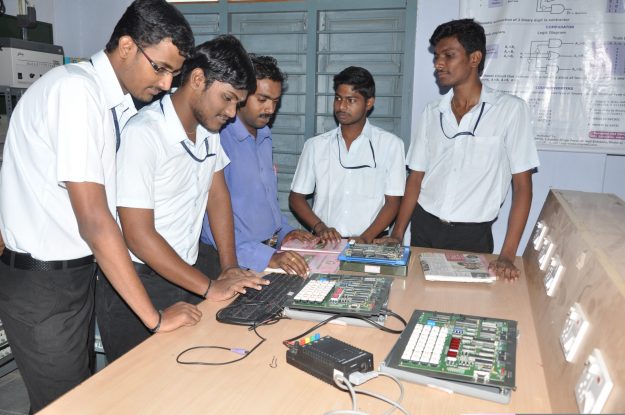
Microprocessors-and-Microcontrollers-Laboratory
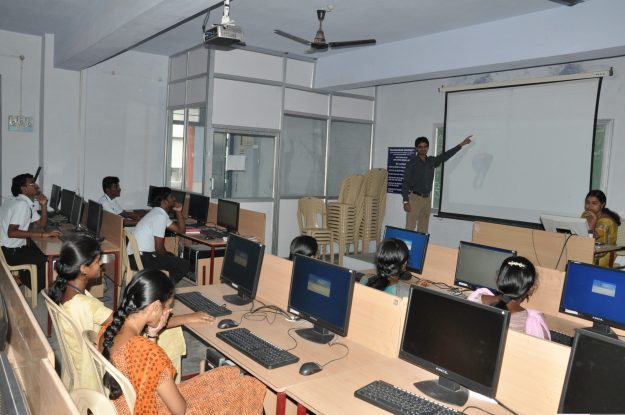
DSP-System-Design-Laboratory
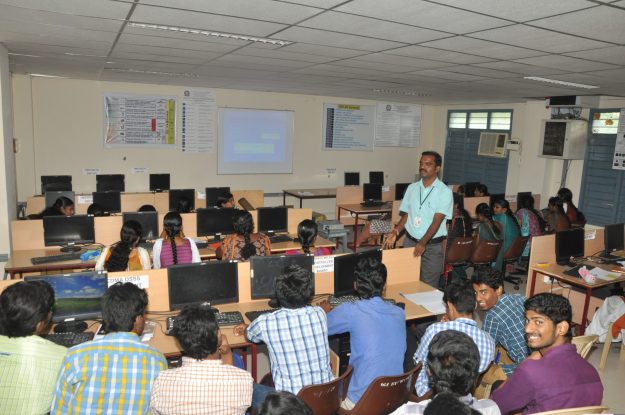
Digital-Signal-Processing-Laboratory
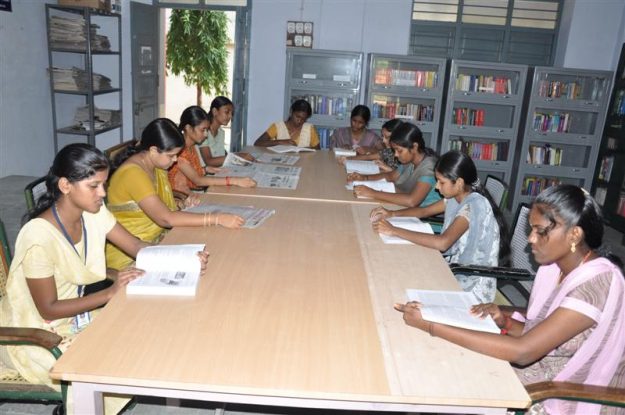
Department-Library
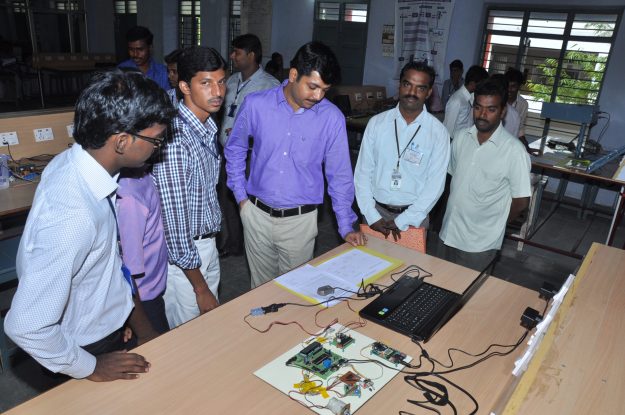
Communication-Laboratory
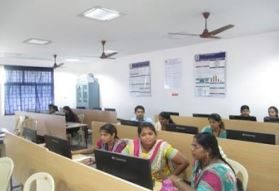
VLSI-Research-Laboratory
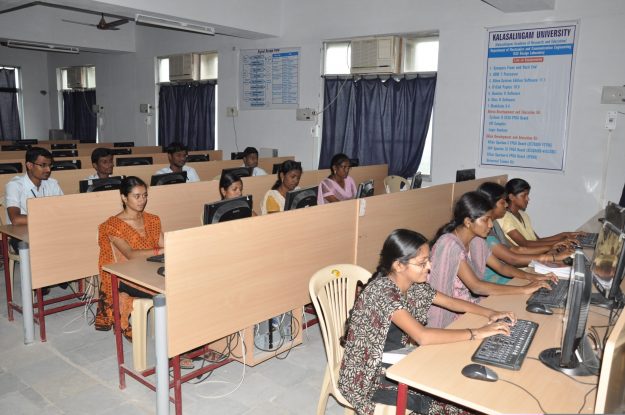
VLSI-Design-Laboratory
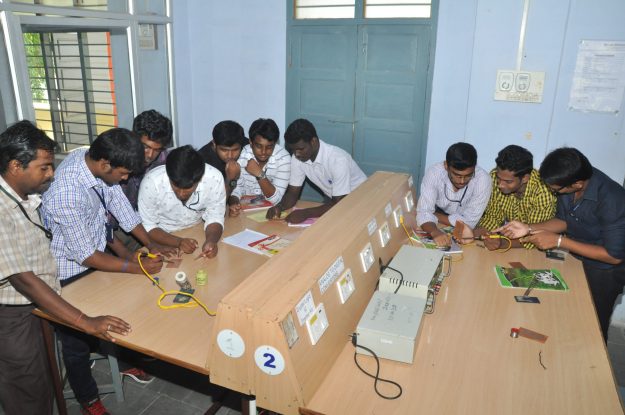
Open-Research-Laboratory
The Research activities in the department of ECE is being carried out in the following thrust areas: signal/speech /image processing, VLSI and embedded systems, communications and networking. Signal Processing is one of the subfields in Electronics and Communication Engineering, which focuses on analysing, synthesizing, and modelling of 1D, 2D and 3D signals such as sound, images and videos. Any information in the nature is consider as a signal. Therefore, signal processing and utilization of that information is very crucial in many applications. From the past two decades, advances in signal processing research are carried out using machine and deep leaning techniques for several real time applications. Regarding in our Department, Doctorates working in diversified fields like speech, image, biometric and biomedical processing. State of the art laboratory with unlimited user MATLAB license facility and Texas Instruments DSP processors for audio, image, and video processing applications. The main research focuses in the following areas through signal and image processing,
The Communication Network Research Group is made by different research students and doctorates, they are involved in academic research as well as sponsored research and technology development on advanced wireless and wire-line communication systems, with highlighting on new emerging technologies such as 5G, IoT, Cloud Computing, and Cognitive Radio. For doing the extensive research, the laboratories are having different simulation tools and availability of communication equipment’s.
The group’s research directions include:
Department of ECE also has a vibrant VLSI research group with 10 faculties involved in research in different domains of VLSI. As VLSI research field is a predominant field in the development of latest technology more focus is given in all the cutting-edge streams of VLSI. The faculties here is doing extensive research in most of the VLSI research domains but not limited to semiconductor device modelling, thin film transistor, VLSI design, VLSI physical design, VLSI testing etc., There is an exclusive research lab called Centre for VLSI Design funded by DIST FIST for VLSI. The lab is fully furnished and equipped with latest hardware and software needed for VLSI research in different domain. It facilitates the research scholars and PG students to carry out their research in all the domains of VLSI. Some of the fields in which research is going on is as follows.





